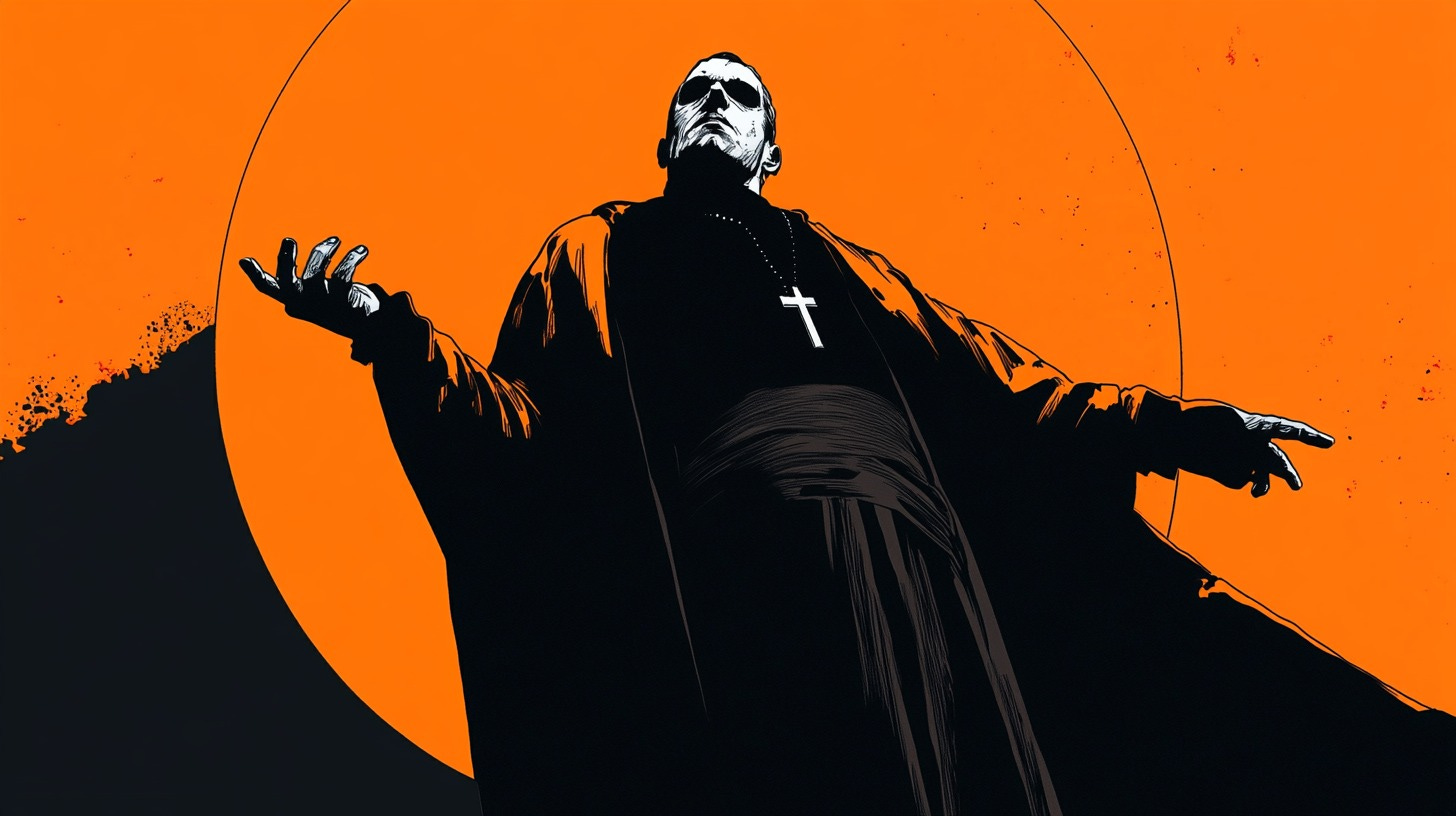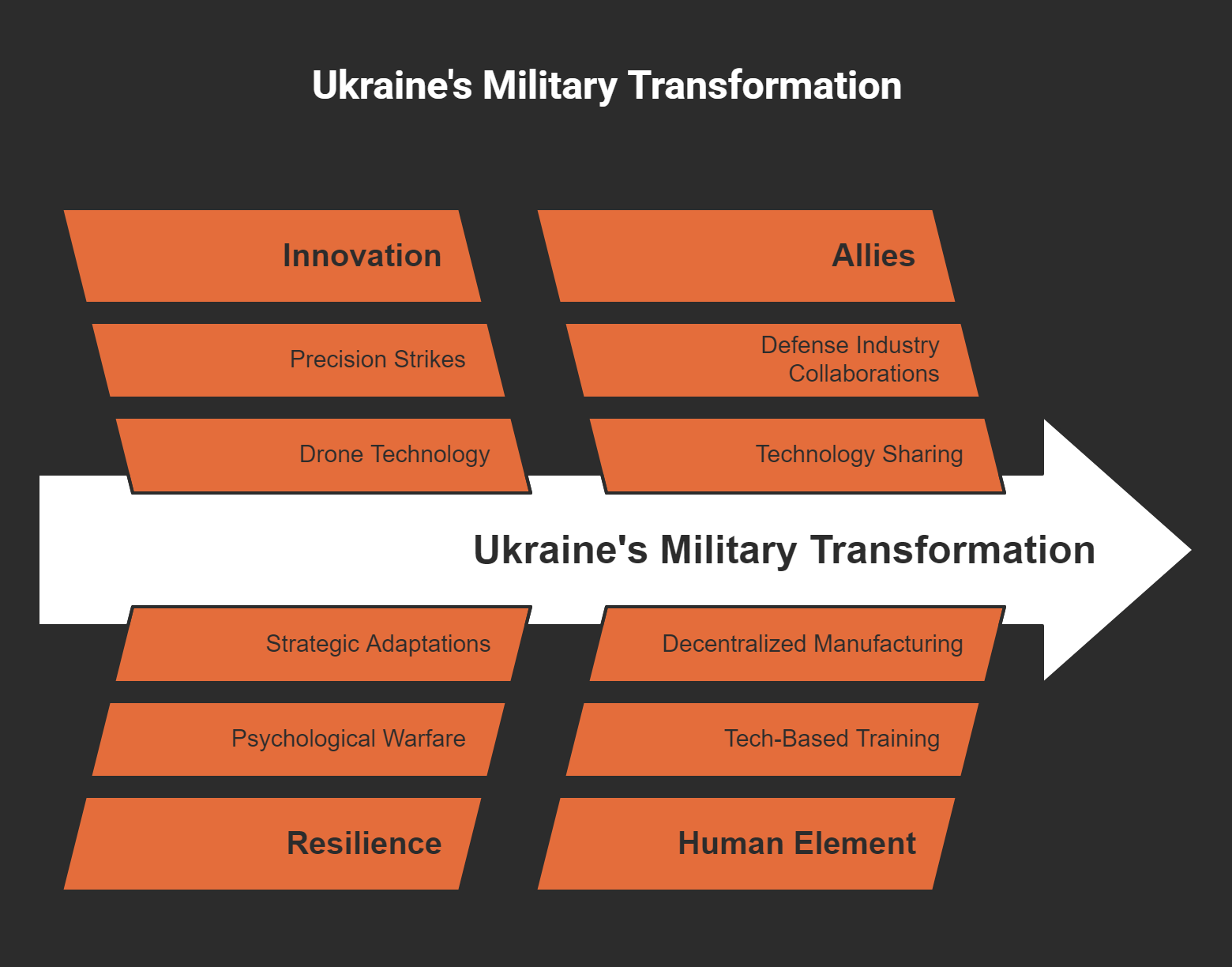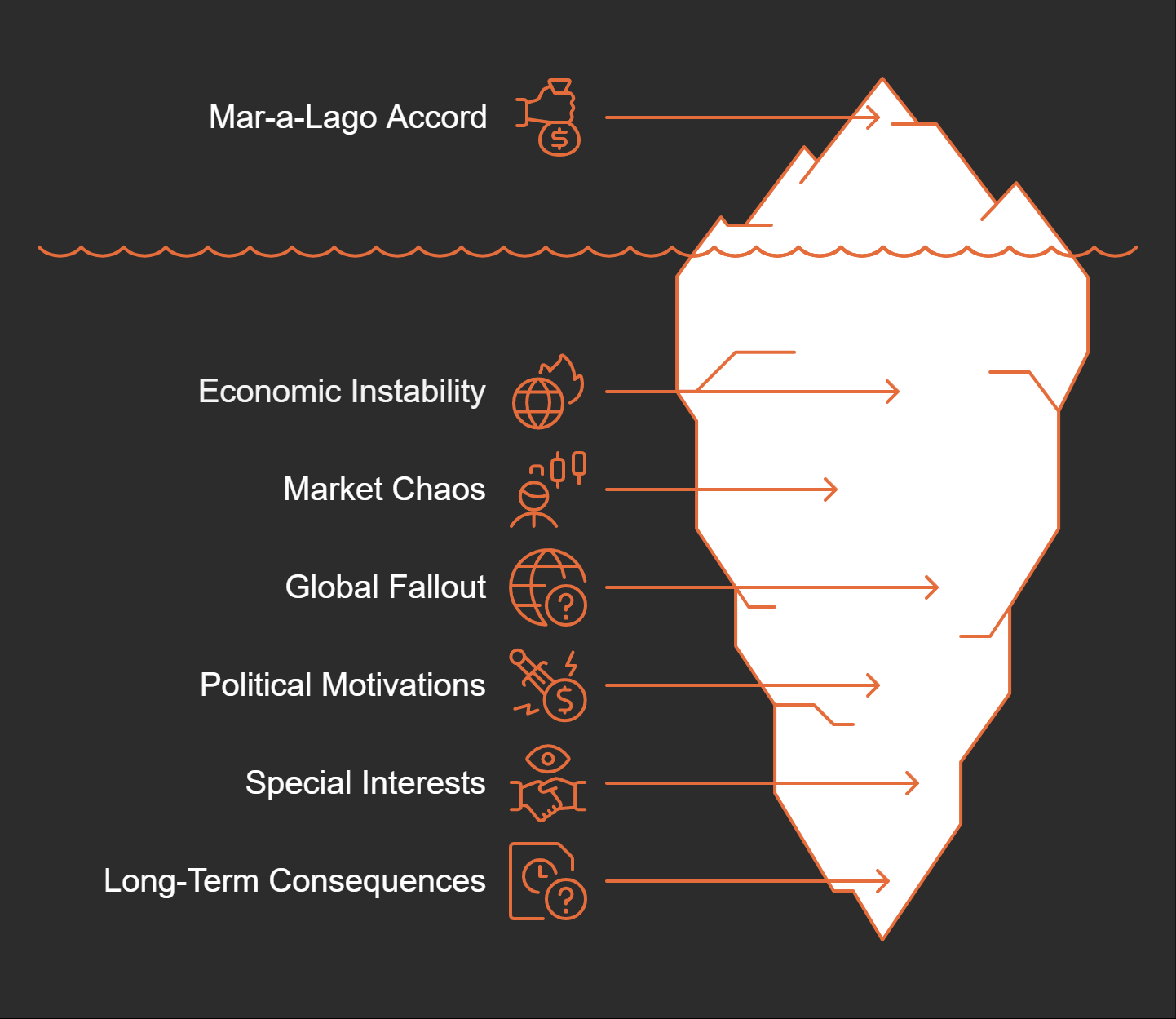MAGA, Billionaires & The Vatican: Is There a Shadow Alliance Shaping Global Power?
Description
When I stumbled across the connections between Peter Thiel, the PayPal Mafia, and the Vatican, I was bewildered. It felt like discovering a secret society lurking in the shadows of global politics. What appeared to be a simple exploration of religious influence rapidly transformed into an inquiry that unearthed an ambitious and potentially dangerous agenda. In this post, I’ll guide you through how the unassuming Vatican could be wielding power far beyond what meets the eye—complete with firsthand insights and surprising revelations along the way.
Unveiling the Vatican's Diplomatic Empire
Have you ever thought about the Vatican's role in global diplomacy? You might be surprised to learn that this tiny state has an extensive diplomatic reach, boasting 184 diplomatic missions worldwide. That's right! The Vatican operates more diplomatic outposts than the United States, which has 168. This fact alone raises many questions about the Vatican's influence on international affairs.
A Surprising Diplomatic Mission Count
When we talk about diplomacy, we often think of the big players: the United States, Russia, or China. Yet, here we have the world's smallest independent state, the Vatican, outpacing even these global powers in terms of diplomatic presence. Isn't that fascinating?
* The Vatican: 184 diplomatic missions
* The United States: 168 diplomatic missions
Why does this matter? It highlights the Vatican's unique position in global diplomacy. The Vatican is not just a religious entity; it's a player on the world stage. Its extensive network allows it to engage with various countries, facilitating dialogue on critical issues. From climate change to international peace efforts, the Vatican often serves as a bridge between conflicting parties.
Comparison with Major Global Powers
Let’s break this down a bit more. The diplomatic clout of the Vatican is remarkable when compared to major global powers. While countries like the U.S. use their might to project power, the Vatican operates differently. It leverages moral authority rather than military strength. This is a crucial distinction!
Consider this: The Vatican’s diplomatic missions are often cloaked in religious activity. But underneath, they function as a sophisticated intelligence network. They gather information that helps the Vatican understand global political landscapes. For example, when Pope Francis brokered peace between the United States and Cuba, he was armed with detailed intelligence. This allowed him to intervene decisively. It’s intriguing to think about how this network functions.
The Vatican's Unique Position in Global Diplomacy
The implications of the Vatican's reach are profound. How does a religious institution wield such power? It operates under the protections of freedom of worship and international law. This gives it a legitimate cover for influence operations, which can be both enlightening and alarming.
“The world's smallest independent state has more diplomatic outposts than the world's most powerful nation.”
This quote hits at the heart of the matter. The Vatican's influence is significant, especially when you consider its ability to navigate complex political issues. It plays a unique role that allows it to foster dialogue in ways that other nations cannot. Isn’t it ironic that a religious institution can be an influential player in global governance?
But with great power comes great responsibility. The Vatican's diplomatic activities raise questions about the intersection of faith and politics. Can a religious entity truly act in the best interest of all? Or does its agenda sometimes align more closely with specific political ideologies?
As we unpack this hidden empire of influence, it becomes clear that the Vatican is not just a relic of history. Instead, it is actively shaping modern geopolitics. This reality compels us to reconsider the role of religion in global affairs. It pushes us to ask difficult questions about power, influence, and moral authority.
In exploring the Vatican's diplomatic empire, we uncover a complex web of relationships, motivations, and objectives. This tiny state is wielding its influence in ways we might not fully understand. Yet, it’s crucial to recognize its impact on a global scale. The Vatican stands as a testament to the idea that diplomacy can come from unexpected places. Who would have thought that a small city-state could outmaneuver larger nations in the realm of diplomacy?
The Church as an Information Network
Have you ever thought about how the Catholic Church operates as an intelligence structure? It’s fascinating to see how this ancient institution has evolved into a sophisticated network that gathers and analyzes information. Let’s dive into this topic and explore how local parishes play a crucial role in this process.
1. The Intelligence Structure of the Catholic Church
The Catholic Church is not just a place of worship; it is a well-organized system that collects vast amounts of information. The hierarchical structure, with the Pope at the top, allows for efficient communication and information flow from local parishes to global leadership. This structure acts like a funnel, gathering insights from the grassroots levels of the church and synthesizing them for higher decision-makers.
* Local Insight: Priests are often the first to collect ground-level insights during regular services.
* Synthesis: This information is then synthesized from local to global levels, making it possible for the Vatican to understand various political and social conditions worldwide.
For instance, when Pope Francis needed to broker negotiations, he had comprehensive intelligence from both sides. This access to information is a unique advantage compared to traditional intelligence agencies.
2. The Role of Local Parishes
Local parishes serve as the eyes and ears of the Church. They provide crucial insights into the needs and concerns of their communities. This information is vital for the Vatican to make informed decisions. Think about it: who better to understand the local context than the priests who serve there?
During services, priests can gauge the mood of their congregation. They hear about issues affecting families, such as economic challenges, health concerns, and social injustices. This ground-level data can influence church policy and responses to global events.
Moreover, local parishes create a network of communication. They connect with each other and share insights, which then travel up the hierarchy. It’s like a game of telephone, but instead of whispering secrets, they’re sharing vital information that can help shape the Church’s stance on important issues.
3. Case Study: Vatican's Role in U.S.-Cuba Relations
A striking example of the Church's intelligence network in action is its role in U.S.-Cuba relations. During a time of strained diplomatic ties, the Vatican played a pivotal role in brokering a historic agreement. The Church's ability to gather insights from both sides allowed Pope Francis to act as a mediator effectively.
By understanding the concerns and aspirations of both the U.S. and Cuban governments, the Vatican facilitated dialogue that led to significant changes. This instance highlights how the Church can leverage its intelligence capabilities in the realm of international relations. It’s not just about faith; it’s about influence and diplomacy.
4. The Implications of Church Intelligence
The implications of this intelligence network are profound. The Church operates with a unique advantage; it enjoys protections under freedom of worship and international law. This means its intelligence operations can be more discreet compared to agencies like the CIA.
However, this raises questions: how can information gathered for spiritual purposes influence political stances? What happens when the Church’s insights are used to shape policy on pressing global issues, such as climate change or immigration?
As we navigate these complexities, it’s crucial to remain aware of the Church's dual role as a spiritual leader and an intelligence network. Understanding this dynamic can help us grasp the broader implications for both faith and governance.
In our exploration of the Church as an information network, we see how it operates behind the scenes. This often unnoticed role gives the Church a unique position in global affairs, influencing not just its followers but the world at large. The Church's intelligence capabilities reveal a fascinating intersection of faith and politics that warrants our attention.
The Dark Side of the Vatican's Influence
Let’s dive into a topic that many might find unsettling—the complex, often shadowy influence of the Vatican. I mean, the church is not just about faith and community; it has a powerful information network that has been misused historically. Yes, I’m talking about the infamous rat lines, which were routes that facilitated the escape of Nazi war criminals after World War II. These were not just isolated incidents; they represent a long history of the church leveraging its connections for dubious purposes.
Historical Misuse of the Information Network
Have you ever wondered how the Vatican managed to maintain such a vast network of influence? The secret lies in its historical misuse of information. During the war, the Vatican helped many criminals escape justice. These rat lines allowed individuals to evade accountability, all under the guise of asylum







